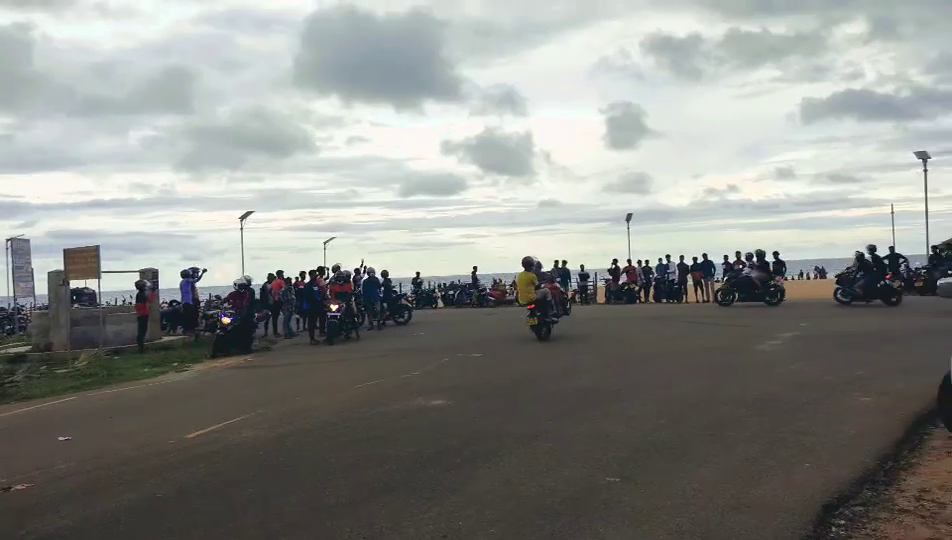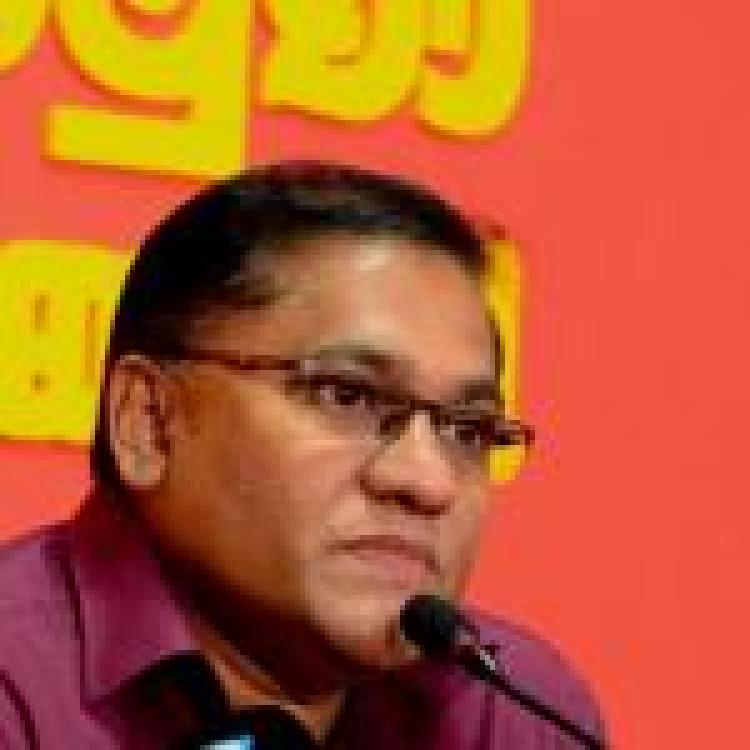
A rise in illegal activities across the Mullaitivu district is said to be facilitated by Sri Lankan police and other state forces, Tamil locals allege.
Tamil locals state that various gangs are involved in illegal activities within the areas of Mullaitivu and that Sri Lankan security forces, including the police, are assisting these groups. A growing number of people are becoming addicted to drugs and the selling of drugs has risen in the area. Large groups of youth are generally found to be travelling on motorcycles and causing disruption to the public. These activities are happening despite the area being heavily militarised and under intense surveillance by Sri Lankan intelligence forces. The rise in anti-social behaviour and public disruption is also coupled with a rise in violent attacks, a 51-year-old man was seriously injured in a stabbing incident in Visuamadu on 4 November and was treated for his injuries in a hospital in Kilinochchi. Locals state the gangs are being provided with expensive motorcycles by the Sri Lankan state forces, allowing them to cause more disruption.
The selling and use of drugs across the North-East have been rising since the end of the armed conflict. The former Chief Minister CV Wigneswaran stated in 2015 that Tamil youth are being pushed into drugs and prostitution with the help of the Sri Lankan military and in recent years high profile arrests of Sri Lankan military and Police for drug possessions are common. Last year over a dozen Sri Lankan police officers from the country’s Police Narcotic Bureau (PNB) were arrested for their alleged involvement in an illegal drug ring. Speaking in parliament last year, JVP MP, Vijitha Herath, claimed that the murder of Makandure Madush, a notorious drug “kingpin” who was under police custody at the Maligawatte Housing complex, was done to protect 80 politicians complicit in drug trafficking. The rise in drug use and trafficking is alleged to have been connected to senior Sri Lankan politicians. Last year Sri Lankan President Gotabaya Rajapaksa insisted that Sri Lanka would be “free from drugs [the] same way as it was freed from terrorism”. He added that “several measures are already in place to prevent drug infiltration and distribution”. Under the guise of eradicating the 'drug menace', surveillance and harassment of the Tamil populace have been increasing and militarisation of Tamil land has become rampant.


